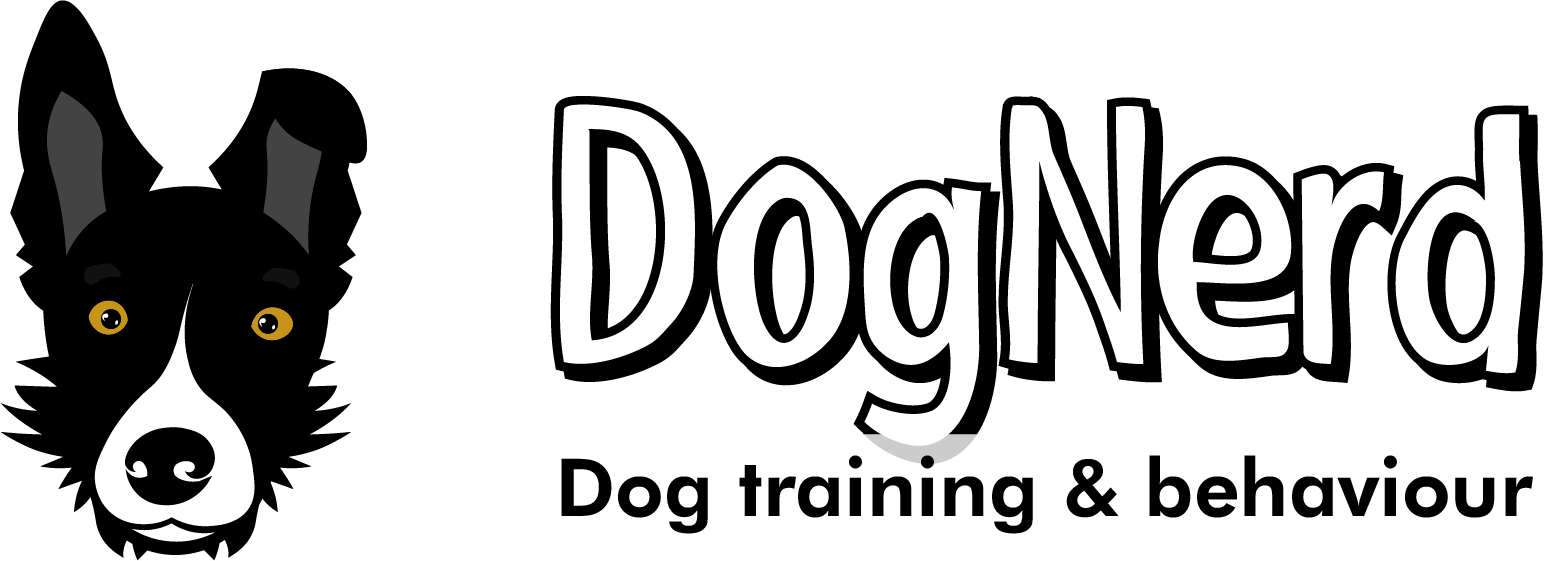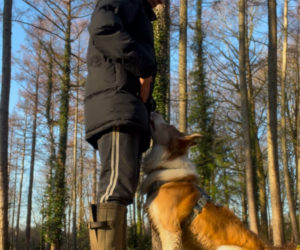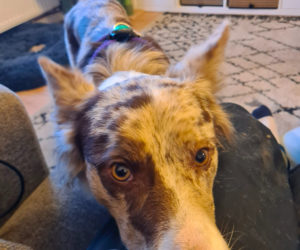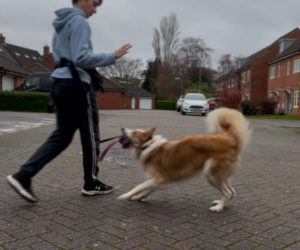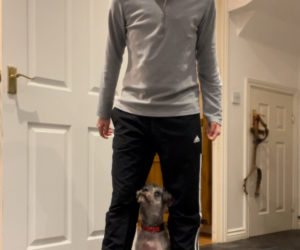Rethinking Treats: How to Train Your Dog Even When They Refuse Food on Walks
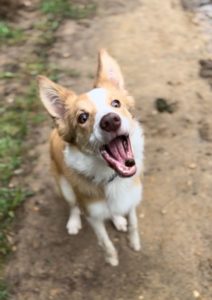
A common concern among dog owners is that their dog doesn’t eat food on walks. How can we train a dog that doesn’t take food?! In many contexts, food can be our most efficient reinforcer, so if our dog doesn’t want to eat, this can present a challenge! However, if your dog is physically healthy and generally food-motivated at home, there are several strategies that you can employ to overcome this hurdle. Let’s delve into some key points that will give you “food for thought” on this nuanced topic.
1. Training Food Fluency
Although we rarely view it this way, eating is a behaviour, much like sitting or fetching, and we can build it up, just like we can build any other skill! Like with all good dog training, we need to start at a point where the dog can be successful: to develop food fluency, start in an environment where your dog feels comfortable (e.g., at home) and gradually introduce more challenging scenarios, ensuring that your dog is always set up for success. This approach helps your dog associate treats with a positive training experience, regardless of the environment.
2. Understanding Thresholds
A common reason why dogs might refuse food in certain situations is due to intense emotions such as excitement or overwhelm. If your dog is stressed or distracted in the presence of certain triggers, they may not accept food. The key is to find a comfortable distance from these triggers where your dog is aware of them but unconcerned. This distance will vary for each dog, and recognising it is crucial for effective training.
3. Improving Treat Delivery
How you offer treats can make a big difference! Many dogs may find it difficult to take food from pinched fingers, for example, and offering food in an open palm can make it much easier for them. Similarly, many dogs feel less social pressure when offered food tossed on the floor as opposed to taking it from the human’s hand – the goal is to make accessing treats as easy and as conflict-free as possible.
4. Avoid Reinforcing Food Refusal
“My dog won’t take food, so I just give him a toy instead” – be mindful of your reactions when your dog refuses food. Accidentally rewarding this behaviour – whether by offering a better treat, a toy, or releasing them to explore – can reinforce food refusal. It’s essential to analyse and adjust your response to ensure it aligns with your training goals.
Remember, eating is a behaviour, and food fluency can be developed with patience and the right techniques. If you’re struggling with training your dog in certain contexts, don’t hesitate to seek assistance from a qualified professional!
Website: dognerd.uk
Email: info@dognerd.uk
Phone: 07555 514 596
Empowering Owners, Transforming Dogs – DogNerd.
See how we can help
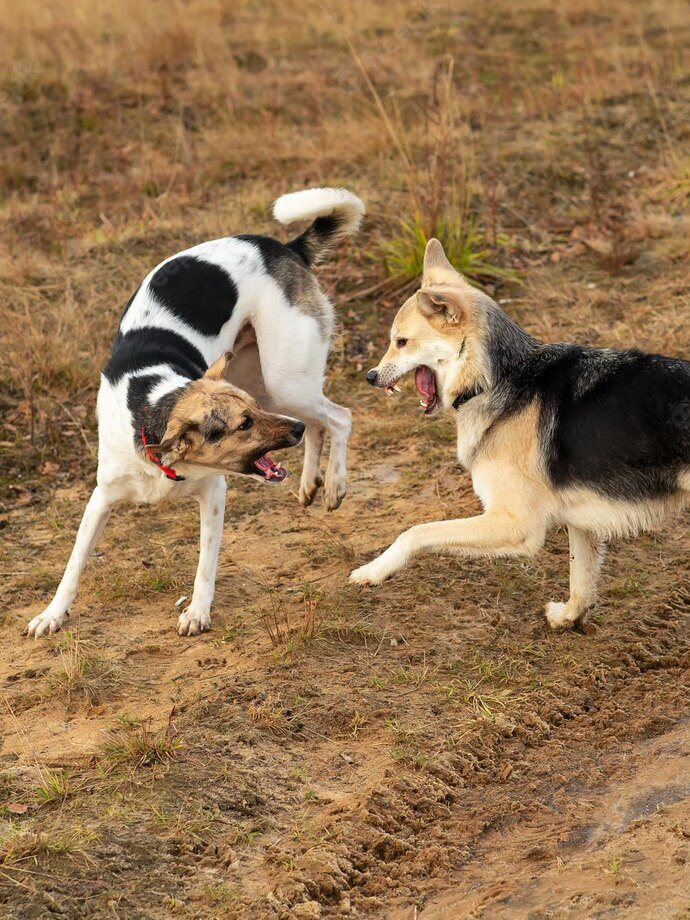
Behaviour rehabilitation
Many behaviour problems are linked to how your dog is feeling. Fear, anxiety and pain all influence how well your dog is able to cope with his environment and routines.
Dog training
Dog training is offered for all dogs: puppies, adolescents, seniors and newly adopted rescue dogs.

Book A Free Consultation Call
Unsure on where to start? I don't blame you, finding the right dog trainer can be a challenge in itself. Book a FREE 30 minute consultation call to find out more about how I work and how I can help you with your dog!
Given the dedication required to provide each dog and their owner with the personalised attention and training they need, I am only able to work with a limited number of clients at any given time. I sincerely believe in offering my services only when I am confident in my ability to deliver the outcomes you're seeking for your dog.
Related posts
Tips & Tricks is dedicated to providing every mama and papa with exclusive advice and information on how to take care and deal with their furry friends.
